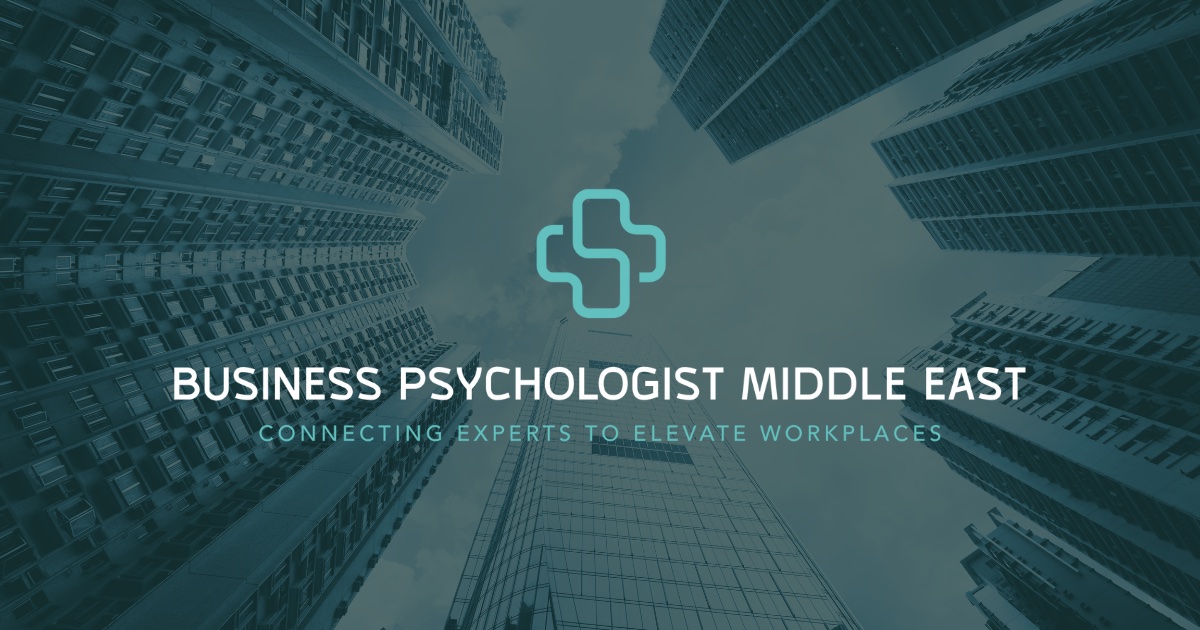
Resilience in the GCC Workforce The New Strategic Priority
In volatile uncertainty resilience is the key, says Farhan Bhatti, Business Psychologist, Middle East
Across the GCC, organizations are under constant pressure to adapt. Volatile markets, economic diversification, hybrid working models, and rapid technological change have created an environment where traditional HR strategies no longer suffice. In this context, resilience has become more than a buzzword — it is now a defining capability for individuals, leaders, and organizations.
Why Resilience Matters in the GCC
Studies consistently show that resilient employees demonstrate stronger engagement, improved wellbeing, and higher productivity. In fast-moving economies like the UAE and Saudi Arabia, resilience goes beyond recovery from setbacks; it is about the ability to adapt, sustain performance, and thrive in continuous transformation.
For HR and L&D leaders, this means resilience must be integrated into leadership pipelines, talent strategies, and organizational development — not treated as an optional wellbeing initiative.
The Digital Gap in HR Practice
Despite its importance, many organizations in the Middle East still lack structured approaches to measure and develop resilience. Engagement surveys are common, but resilience frameworks remain underused or locked in academic research. This gap leaves HR leaders without the tools to track and build the adaptability their workforce needs.
Emerging Regional Solutions
Encouragingly, new digital ecosystems are beginning to address this challenge. Platforms such as Business Psychologist Middle East (BPME) are making resilience frameworks more accessible by:
- Offering GCC-tailored assessments and surveys.
- Providing access to psychologists, coaches, and consultants in one integrated ecosystem.
- Hosting data within the UAE to ensure compliance with local data protection regulations.
- Connecting HR professionals to communities of practice where best practice can be shared.
This signals a step change in how resilience can be embedded into HR strategy — moving from theory into scalable, practical solutions.
Resilience as a Competitive Advantage
Organizations that act now to build resilience will be better positioned to attract and retain talent, sustain innovation, and navigate disruption. Those who fail to integrate resilience into their culture risk higher turnover, lower wellbeing, and reduced competitiveness in a rapidly evolving market.
Conclusion
In the GCC, resilience is no longer optional — it is the new competitive advantage. With research-backed frameworks and the rise of digital ecosystems such as BPME, HR and L&D leaders finally have the tools to embed resilience into their organizations at scale. The question is not if resilience should be prioritized, but how quickly it can be built into the fabric of the workforce.
Discover more at: https://businesspsychologist.me

 EN
EN AR
AR HI
HI ES
ES FR
FR DE
DE











